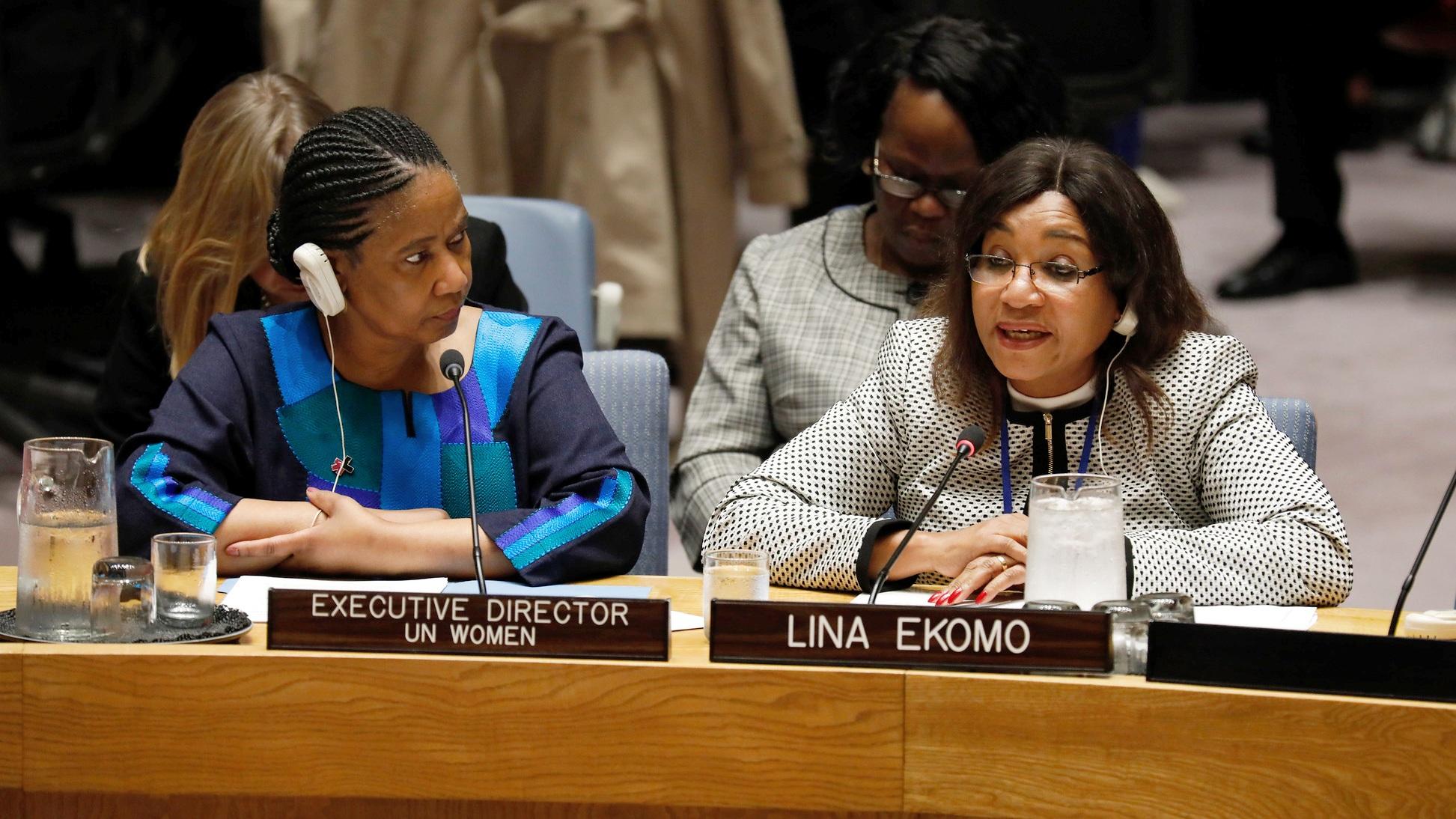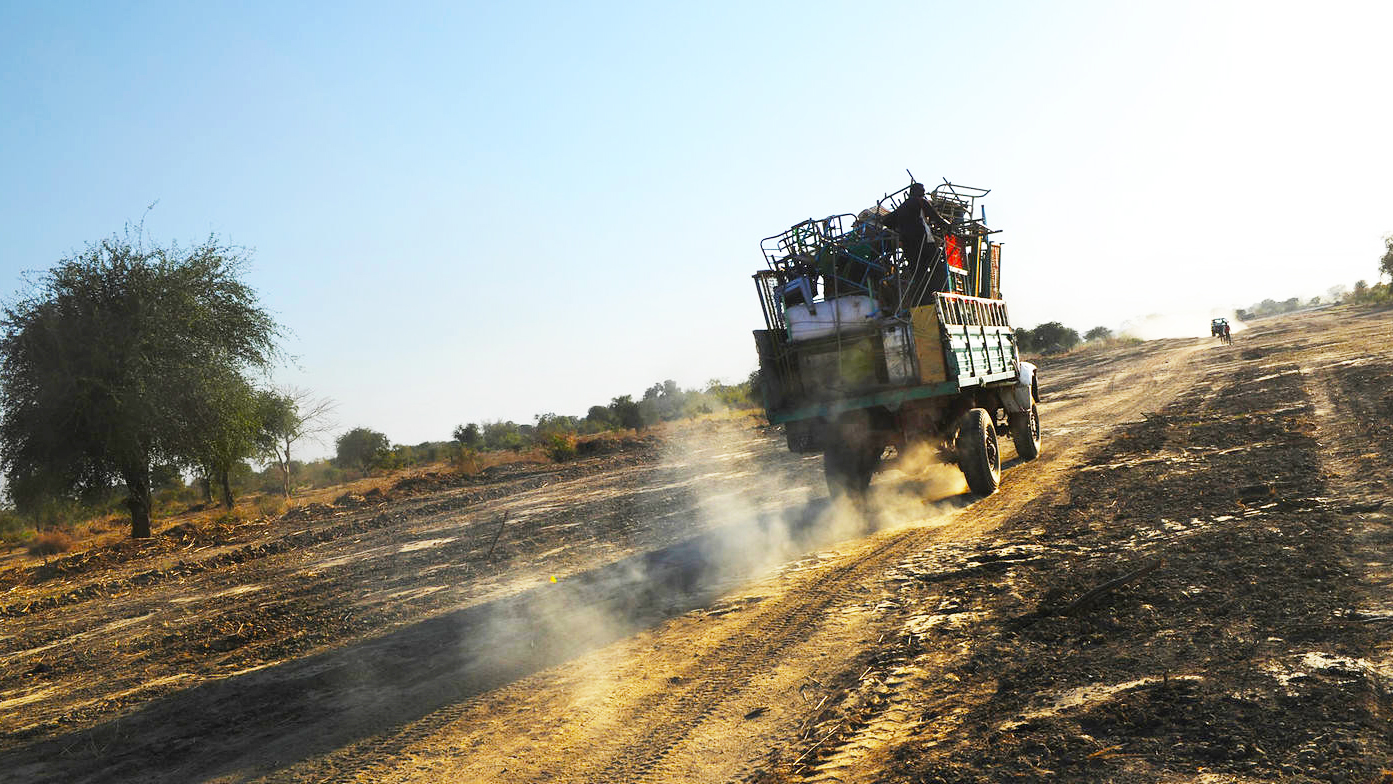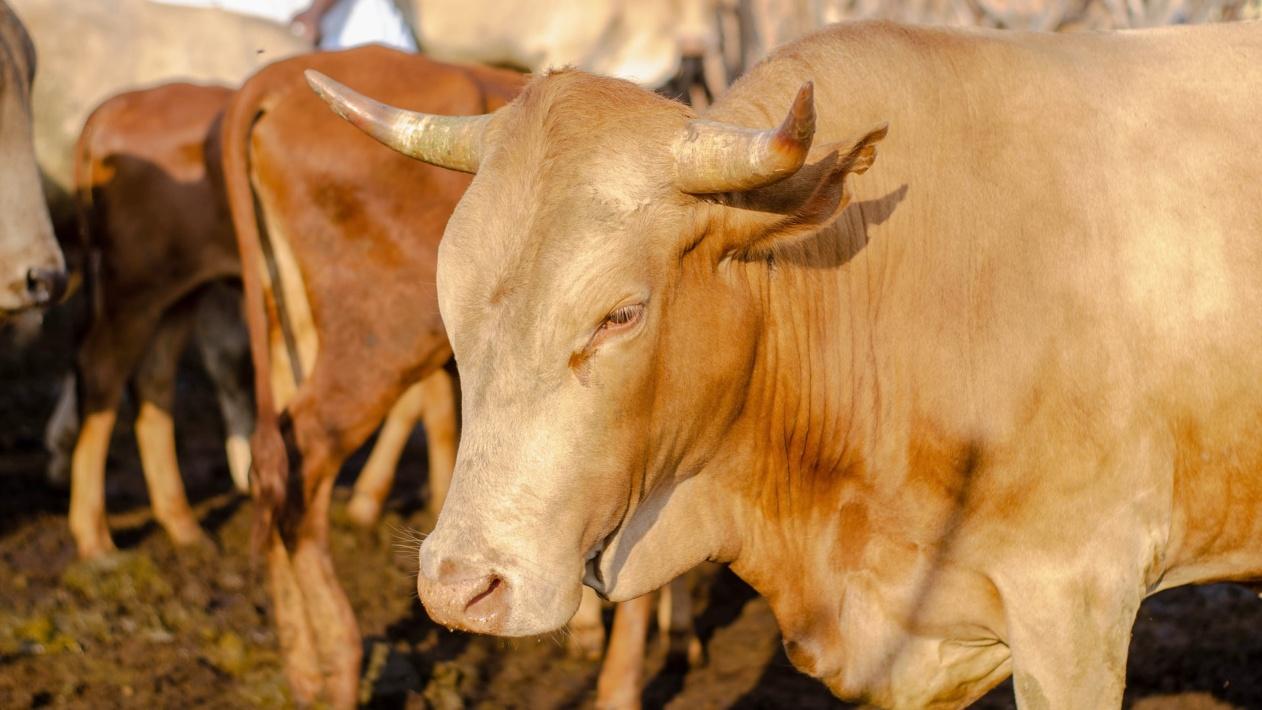The links between gender, mass violence, climate change, and human mobility are complex and interrelated. In South Sudan, where four in five people endure extreme poverty, and 70 per cent of the population needs humanitarian assistance, women and girls bear the brunt of the country’s multiple challenges. These include a combination of environmental extremes, conflict, and sexual and gender violence, often resulting in displacement. As Marisa O. Ensor argues here and in her recent paper, these women and girls have nevertheless persisted in making their voices heard even if it means defying deeply rooted patriarchal gender norms.
A mixture of crises
When civil war engulfed South Sudan again in 2013, appalling human rights violations appalling human rights violations were perpetrated with near complete impunity. Sexual and gender violence (SGBV) was rampant. The national army was divided along Dinka-Nuer ethnic lines, the two largest groups in the country with a history of bloody feuding. Inter-communal violence also intensified, often centred around land for pasture, cattle raiding, and the abduction of women and children. The 5-year war (2013–2018) resulted in an estimated 382,900 casualties and forced nearly 4.5 million to flee their homes. The human and environmental costs of the conflict have been staggering, disproportionately impacting women and girls.
The situation was exacerbated by climate disasters that left the country facing famine. The heavy rains from July to October 2020 prompted massive floods that led to large-scale displacement of people and cattle and destroyed crops and property. This was in addition to the large swarms of locusts that crossed from Uganda into South Sudan the same year. The locusts destroyed harvests in the region, and the risk of famine became even more severe.
The widespread acute food insecurity and malnutrition that followed left women particularly vulnerable. Women tend to experience greater food insecurity than men due to their socially ascribed roles as caregivers to children and older persons, which often means women are less prioritised when food is served. Additional cultural barriers include male control over decisions around income-generating activities and income earned. Female-headed households primarily found in rural areas have been particularly challenged. They were also the most severely impacted by the locusts in 2020.
In the first half of 2020, there were 232,000 new displacements associated with conflict and violence, and 23,000 from climate disasters. While records are rarely disaggregated by gender or age, the UN Refugee Agency estimates that 83 per cent of the overall South Sudanese refugee population is comprised of women and children.
Responding to the crises through a gender lens
The women in South Sudan, especially survivors of SGBV, are overcoming the physical and psychological trauma they endured through counselling, mutual support, and participating in various livelihood schemes. This requires them to adopt a more flexible outlook on job acceptability by taking on economic activities that are traditionally regarded as masculine, like fishing. The income generated from these activities enables South Sudanese women to support themselves and their households and contribute to the food security of a region that has often had to rely on food distributions by the UN’s World Food Program.
In recent years, South Sudanese women have made significant strides in their push for inclusion in national peace processes. Despite cultural restrictions and risking harassment by South Sudanese security forces, the women have registered significant success. Women negotiators were crucial in shaping the 2018 peace agreement and securing a new quota requiring 35 per cent of government representatives to be women. This opened the door for expanded roles of women in national affairs.
A women’s delegation met with UN Security Council members during their October 2019 visit to Juba to demand the establishment of the Hybrid Court for South Sudan (HCSS). The HCSS is intended to bring perpetrators of war crimes, including those committed against women and girls, to justice. Chapter five of this agreement requires the transitional government to establish the HCSS, among other mechanisms.
In January 2021, the South Sudanese government finally approved the establishment of accountability mechanisms to address the country’s conflict, including a war crimes court in partnership with the African Union. Provided that concrete action is taken to implement these mechanisms, this could represent an important step to reducing impunity and bringing a measure of justice to victims and survivors.
Looking ahead
South Sudan has been at the epicentre of an array of destructive dynamics almost since its independence from Sudan in 2011. The overall security, rule of law, and human and women’s rights situation remain highly volatile, and implementation of the peace agreement is far behind schedule. Society leaders, including the members of women’s groups, must make a concerted effort to advance the peace processes. Otherwise, South Sudan will remain highly fragile and unprepared for future climate shocks.
South Sudanese women’s determination to participate in decisions on matters that affect them must be encouraged. The limited but noteworthy progress they have made against all odds should not be reversed. Addressing the impacts of conflict, environmental crises and displacement on women’s and girls’ lives requires targeted policies and programs backed by sufficient funds. Lessons from South Sudan can, by qualified extension, guide efforts to advance and sustain peace and security in other contexts.
Photo: International Women’s Day celebration in South Sudan. Credit: UNMISS, Isaac Billy. Licenced under CC BY-NC-ND 2.0





